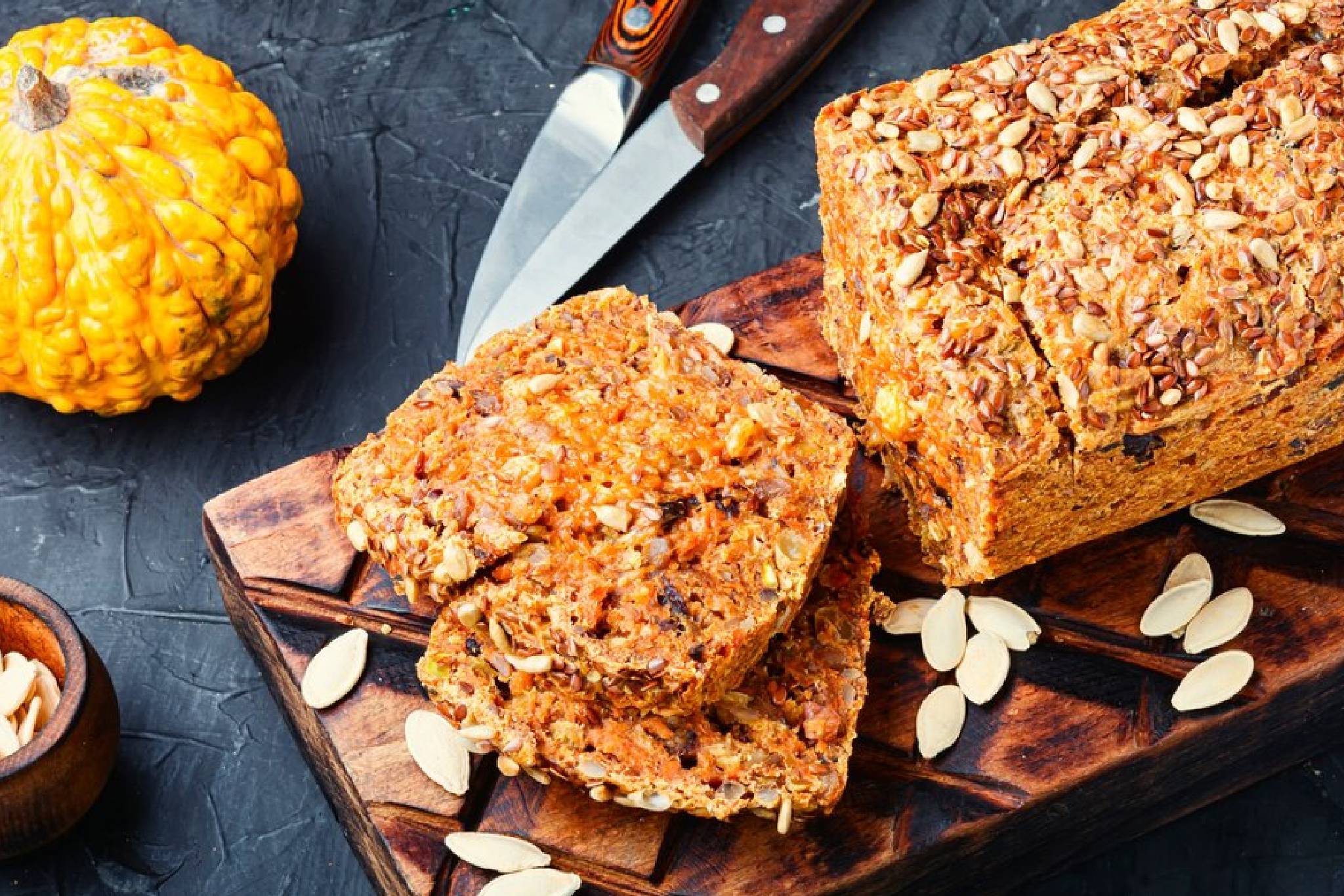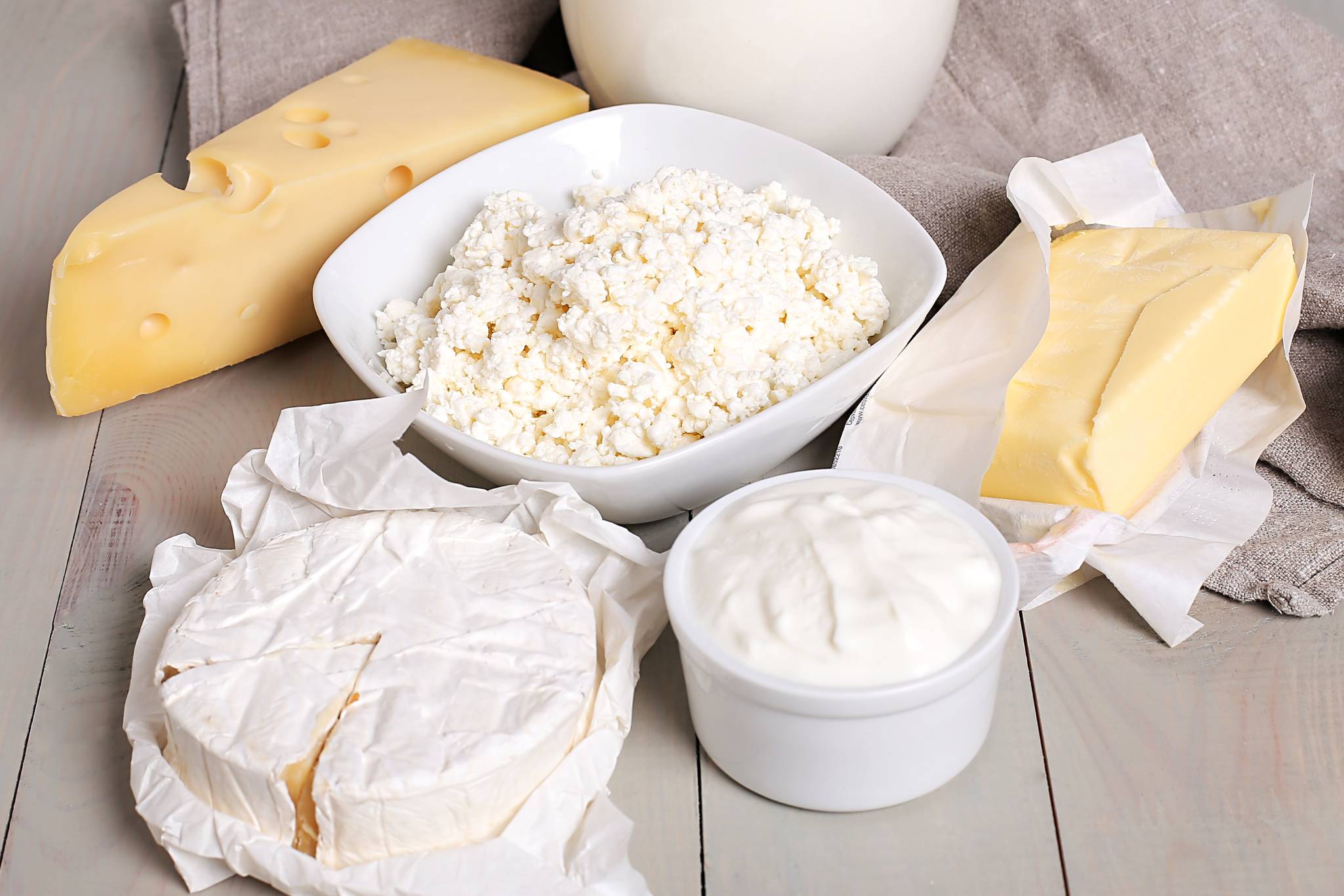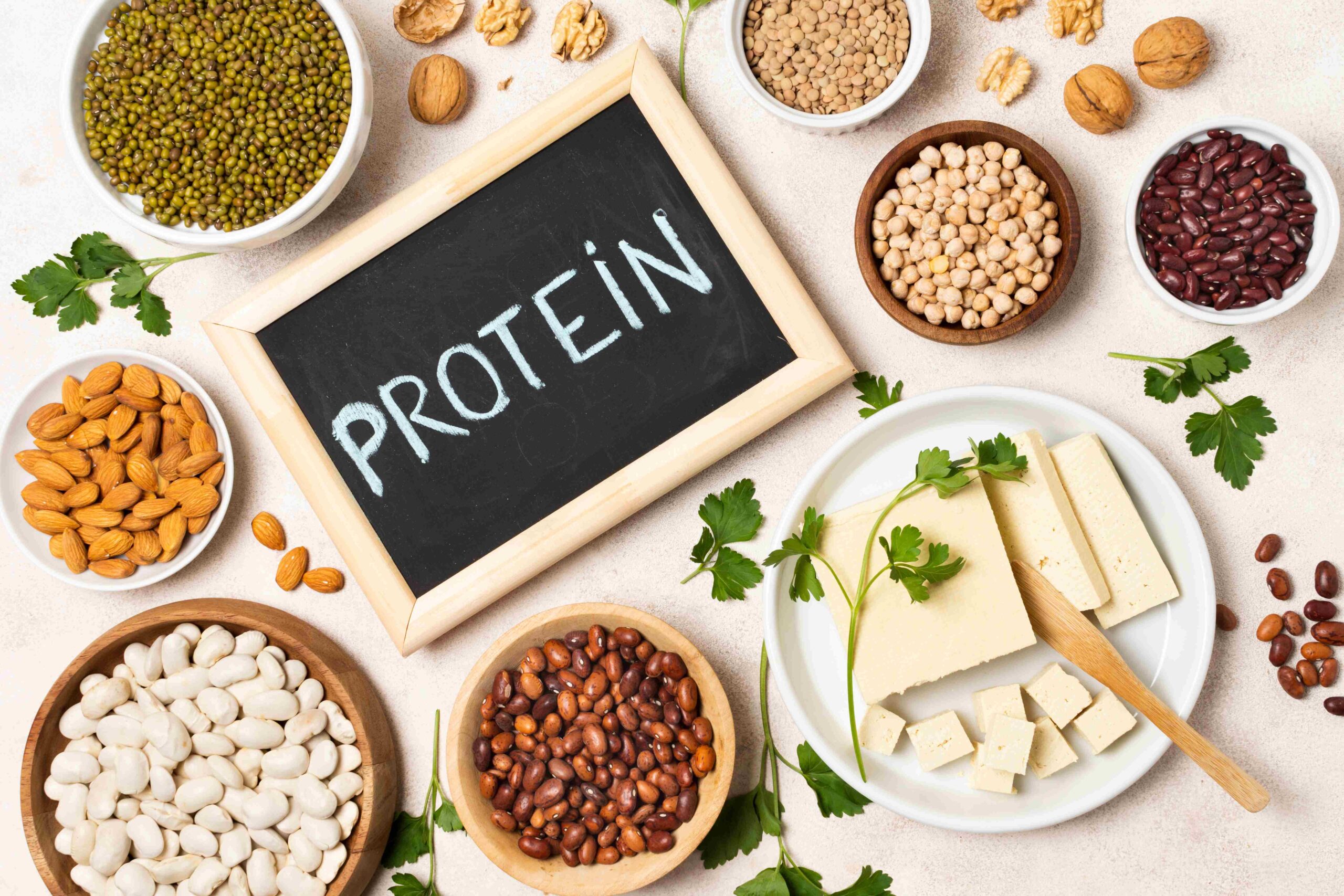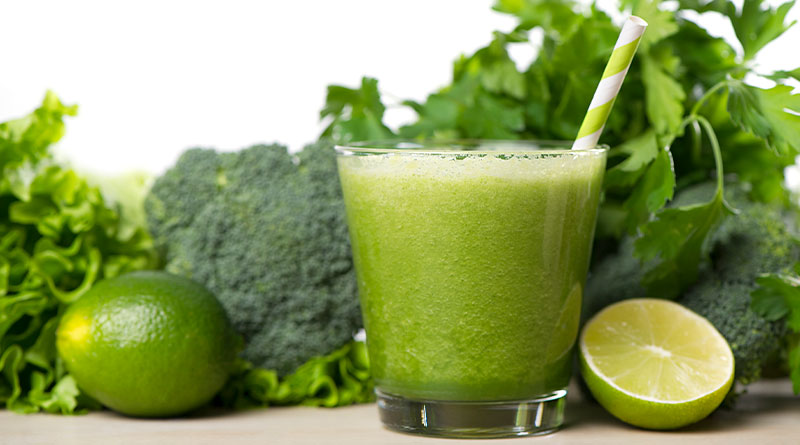Bread is a staple in many households worldwide, and for good reason. It’s versatile, delicious, and can be enjoyed in various forms. Among the many types of bread available, 12-grain bread stands out as a particularly healthy option. Packed with nutrients, fiber, and essential vitamins, 12-grain bread offers a wealth of health benefits that make it a superior choice over traditional white bread.
In this article, we’ll delve into the details of 12-grain bread, exploring its ingredients, nutritional benefits, and how it can enhance your diet. Whether you’re looking for a heart-healthy food option or simply want to enjoy a tastier, more nutritious slice of bread, 12-grain bread has something for everyone.
What is 12-Grain Bread?
12-grain bread is made from a blend of 12 different types of grains and seeds, providing a variety of flavors and textures in each bite. These grains typically include wheat, barley, oats, millet, sorghum, flaxseed, and more, with some recipes even incorporating quinoa or buckwheat.
The grains used in 12-grain bread are often whole grains, meaning they contain all parts of the grain—the bran, germ, and endosperm—making them a rich source of fiber and essential nutrients.
Grains in 12-Grain Bread
The grains in 12-grain bread are carefully selected to provide a range of nutrients that promote overall health. Here’s a look at some of the key grains and their benefits:
- Wheat – Rich in fiber, vitamins, and minerals, wheat helps support digestion and provides long-lasting energy.
- Barley – High in soluble fiber, barley can help reduce cholesterol and maintain healthy blood sugar levels.
- Oats – Known for their heart-healthy properties, oats contain beta-glucan, a type of soluble fiber that helps lower cholesterol.
- Millet – A gluten-free grain, millet is packed with magnesium, which supports muscle function and bone health.
- Sorghum – A rich source of antioxidants, sorghum helps reduce inflammation and protects against oxidative stress.
- Flaxseeds – High in omega-3 fatty acids, flaxseeds promote brain health and reduce the risk of heart disease.
- Quinoa – A complete protein, quinoa contains all nine essential amino acids, making it a great choice for vegetarians and vegans.
- Buckwheat – Despite its name, buckwheat is not related to wheat. It’s high in fiber and contains rutin, which supports blood circulation.
- Rye – High in soluble fiber, rye helps regulate blood sugar and improves digestive health.
- Chia seeds – Rich in omega-3s, chia seeds support heart health and provide a good source of plant-based protein.
- Teff – A tiny grain that’s high in iron, teff supports healthy blood circulation and energy production.
- Spelt – An ancient grain, spelt contains more protein than regular wheat and is a good source of vitamins and minerals.
Nutritional Benefits of 12-Grain Bread
The combination of these nutritious grains makes 12-grain bread a powerhouse of vitamins, minerals, and fiber. Here are some of the key nutritional benefits:
- High in Fiber
Fiber is essential for digestive health. The whole grains used in 12-grain bread provide a significant amount of dietary fiber, which helps regulate bowel movements, prevent constipation, and promote a healthy gut microbiome. Fiber also helps with weight management by keeping you feeling full longer and reducing the likelihood of overeating.
- Rich in Essential Vitamins and Minerals
12-grain bread is a good source of several essential vitamins and minerals, including B vitamins (such as niacin, thiamine, and riboflavin), which play a crucial role in energy production and brain function. The grains in this bread are also packed with important minerals like iron, magnesium, zinc, and calcium, which support immune function, bone health, and muscle function.
- Supports Heart Health
Many of the grains in 12-grain bread, such as oats, barley, and flaxseeds, are known for their heart-healthy benefits. The fiber in these grains can help lower cholesterol levels, reduce blood pressure, and improve blood circulation. The omega-3 fatty acids found in flaxseeds and chia seeds also contribute to heart health by reducing inflammation and promoting healthy cholesterol levels.
- Promotes Healthy Blood Sugar Levels
The complex carbohydrates found in whole grains are digested slowly, which helps stabilize blood sugar levels. This makes 12-grain bread a great option for people with diabetes or those looking to maintain healthy blood sugar levels. The fiber in 12-grain bread also helps slow the absorption of sugar into the bloodstream, preventing blood sugar spikes and crashes.
- Boosts Energy Levels
Thanks to the combination of carbohydrates, protein, and healthy fats in 12-grain bread, it provides a steady source of energy throughout the day. The whole grains release their energy slowly, ensuring that you stay fueled and alert for longer periods.
12-Grain Bread vs. White Bread
One of the most notable differences between 12-grain bread and traditional white bread is the nutritional content. White bread is made from refined flour, which has been stripped of many of its nutrients during processing. As a result, white bread is lower in fiber, vitamins, and minerals, offering little more than empty calories.
On the other hand, 12-grain bread, made from whole grains, is much more nutritious. It provides a wide range of essential nutrients that support overall health, including fiber, antioxidants, and healthy fats. The whole grains in 12-grain bread also promote better digestion, heart health, and stable blood sugar levels, making it a far superior choice compared to white bread.
How to Incorporate 12-Grain Bread into Your Diet
Incorporating 12-grain bread into your diet is easy and delicious. Here are some simple ideas:
- Sandwiches – 12-grain bread makes an excellent base for sandwiches. Try it with lean proteins like turkey or chicken, or load it up with veggies for a healthy, plant-based option.
- Toast – Spread some avocado or nut butter on toasted 12-grain bread for a quick and nutritious breakfast.
- Grilled Cheese – Swap white bread for 12-grain bread to make a heartier, healthier grilled cheese sandwich.
- Bread Crumbs – Use 12-grain bread to make homemade bread crumbs for a crunchy topping on casseroles or salads.
- Side Dish – Serve 12-grain bread alongside soups, stews, or salads for a wholesome, satisfying meal.
Is 12-Grain Bread Gluten-Free?
While 12-grain bread can be made with gluten-free grains, traditional 12-grain bread typically contains gluten. If you have celiac disease or a gluten sensitivity, make sure to look for a gluten-free version of 12-grain bread. Many health food stores and bakeries offer gluten-free varieties that use a blend of non-gluten grains like rice, quinoa, and millet.
Conclusion
12-grain bread is a flavorful and nutritious alternative to white bread. Packed with fiber, vitamins, minerals, and antioxidants, it provides a wealth of health benefits, including better digestion, heart health, and stable blood sugar levels. By incorporating 12-grain bread into your diet, you can enjoy a delicious, healthy food that supports your overall well-being.
Next time you’re at the grocery store, skip the white bread and pick up a loaf of 12-grain bread. Your body will thank you!
FAQs
Q1: Is 12-grain bread better than whole wheat bread?
Ans: Yes, 12-grain bread often contains a wider variety of grains, providing more nutrients and health benefits than whole wheat bread.
Q2: Can I make 12-grain bread at home?
Ans: Yes, making 12-grain bread at home is simple. You can purchase the grains separately or buy pre-mixed grain blends to create your own loaf.
Q3: Does 12-grain bread help with weight loss?
Ans: Due to its high fiber content, 12-grain bread can help with weight management by keeping you full longer and reducing cravings.
Q4: Is 12-grain bread good for diabetics?
Ans: Yes, the complex carbohydrates and fiber in 12-grain bread help stabilize blood sugar levels, making it a great choice for those with diabetes.
By following a balanced diet that includes foods like 12-grain bread, you can enjoy better overall health and well-being.
Source links:
https://www.medicalnewstoday.com
Sahil Sachdeva is the Founder of curemedoc.com and a Digital Marketing professional with years of experience. If you need help in Content writing and want to increase your website ranking, connect with him, as he has some premium websites where you can share blogs with DoFollow links and increase your website’s ranking on Google.





